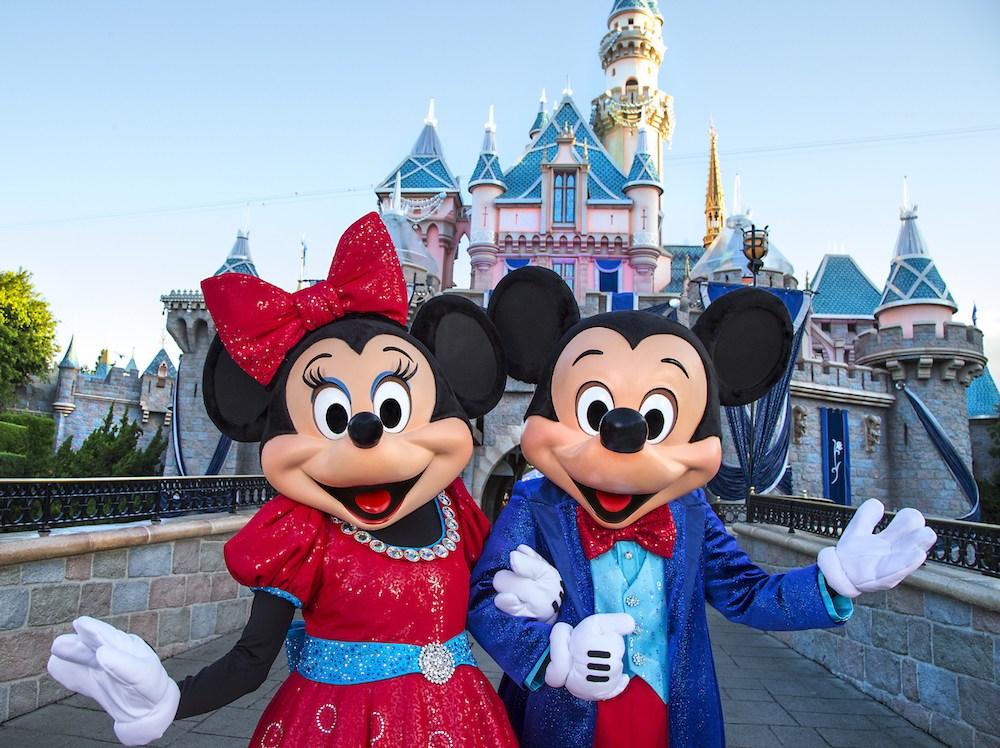In late September, The Los Angeles Times broke a story highlighting the business relationship between Anaheim, California; Disneyland and the disparity between the benefits that Disney receives and what it gives to the city. Usually when a business starts a headquarters or business in a city, it is a symbiotic relationship. For example, Amazon is seeking a new headquarters, HQ2, and is taking bids from over 230 different cities. The company has elicited a vast number of bids due to the potential financial benefits such as 50,000 new jobs and has inspired cities and towns to propose various tax breaks and incentives in the hopes of gaining a competitive edge.
However, Anaheim residents have become increasingly displeased with their town’s relationship to Disney. Various elected city councillors financially backed by a Disney-endorsed super pac that keeps Disney’s interests at heart have started losing to anti-Disney competitors. Not long after The LA Times published their piece, Disney issued a screening ‘blackout’ against The Times for future releases of their movies, claiming that the newspaper “showed a complete disregard for basic journalistic standards,” and that access to preview screenings was “a privilege and not a right.”
The blackout took effect immediately, and The LA Times was unable to see or therefore review “Thor: Ragnarok” prior to its wide release. Such a ban leaves The Times at a severe disadvantage for the coverage of films made by Disney or any of its assets, including Marvel, Lucasfilm and Pixar.
Almost immediately, many other publications and critics came to defend The LA Times. The culture critic from The Washington Post, Alyssa Rosenberg, said she “can’t in good conscience attend similar showings or write reviews in advance … as long as Disney is blocking the critics from the Los Angeles Times.”
The New York Times also stated that it would not write any reviews for any Disney movies “until access is restored to the Los Angeles Times.” Additionally, the Los Angeles Film Critics Association, the New York Film Critics Circle, the Boston Society of Film Critics and The National Society of Film Critics announced that they would not “consider Disney films for awards until [the ban] is lifted.” A number of other high profile film industry figures also spoke out in support of The Times. Ava DuVernay, director of 2014 film “Selma” and an upcoming adaptation of “A Wrinkle in Time,” itself a Disney film, tweeted her solidarity for “the film journalists standing up for one another” and wrote that she was “Standing with [them].”
Now that Disney’s blackout has gained attention, the very issue that they punished The LA Times for—the reporting of the various business ties to Anaheim—has increased traction and additional scrutiny has fallen to Disney.
In our political climate and era of ‘fake news,’ I am excited by how solidarity has been demonstrated. With the current administration’s presentation of ‘alternative facts’ and its attempts to discredit or bar journalists from press screenings, it is refreshing to see multiple journalistic groups and critical societies band together to fight one of the largest companies in the world in the wake of attempted censorship. If a company does not feel comfortable with its behavior being brought to public attention, it should rethink what it is doing.
Censorship is unequivocally harmful. Attempts to shut down and punish an organization designed to spread news and awareness should not be taken so lightly. We hear a lot about attempted censorship coming from the state, yet this LA Times incident has gotten relatively little coverage outside of entertainment industry news circles. If we are trying to combat censorship, the best way to do so is by talking about it in many different circumstances. Censorship is not just a government issue, and it is important to fight against it at all levels.




